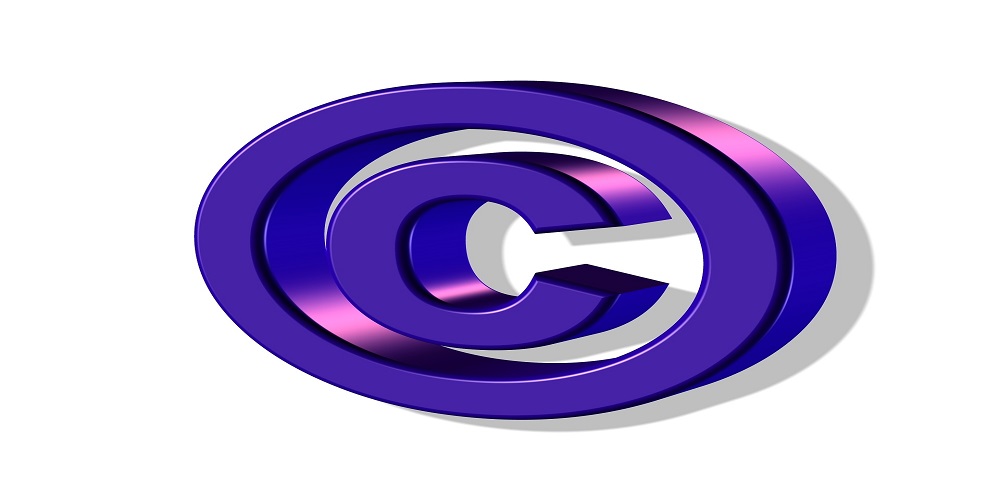Trademark is an excellent way to exercise exclusive rights on your intellectual property.
Whether it’s a brand, service or company, a trademark can eliminate competition and make your business distinctive. You can get your product registered at a trademark agency and enjoy exclusive rights for 10 years.
But legal affairs require a lot of paperwork and knowledge, so this guide discusses the important things you need to understand about trademarks.

Understanding Trademarks
A trademark can be a word, logo, phrase, or even a symbol representing a particular company or product. It essentially safeguards your intellectual property from unfair use.
The trademark gives you exclusive rights, and anyone else who uses your creation should take permission and pay a commission. You need to meet the following criteria to register a federal trademark with the United States Patent and Trademark Office or USPTO:
- You intend to use the trademark in commerce
- The trademark should be distinctive
What Do Trademarks Do?
Trademarks distinguish your products and company from others. They give you legal protection, as no other business would be able to use your intellectual property without a penalty.
However, note that this protection is not automatic, and you will have to monitor other companies for possible infringement. Generally speaking, there are 4 types of trademarks that you can choose from:
1. Arbitrary
These trademarks don’t directly suggest any product or company. E.g. Apple
2. Fanciful
Terms specifically made for trademark purposes that have no other meaning. E.g. Kodak
3. Descriptive
Such trademarks describe only some aspects of goods without identifying the source. E.g. Holiday Inn
4. Suggestive
These trademarks either describe the products or suggest the company. E.g. Coppertone
Importance Of Trademarks
The biggest benefit of a trademark is – it avoids unfair competition because no other brand can use your product. Secondly, it helps build a loyal customer base, as they make it easier for the buyer to distinguish your brand.
You can use the ® symbol to let people know that your trademark is registered with the USPTO. This also adds prestige to your company and helps attract more customers.
Common Mistakes
While registering a trademark, avoid the following mistakes that others commonly make:
- Using a mark first does not ensure your right to it; you need to register it
- Creative work cannot be protected using a trademark
- You will need a copyright for a creative mark
- You cannot trademark an idea
- An invention cannot be trademarked, but it can be patented
Final Words
Trademarks offer a host of benefits that can help you establish a brand and safeguard your products from infringement. If you have been thinking about getting one, proceed with the registration after reading this guide.
But the waters are shaky when it comes to intellectual property rights because there are a lot of specifications to consider. So, it’s best to hire a consultant or a patent agency today to guide you through the registration process.


